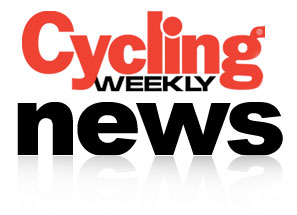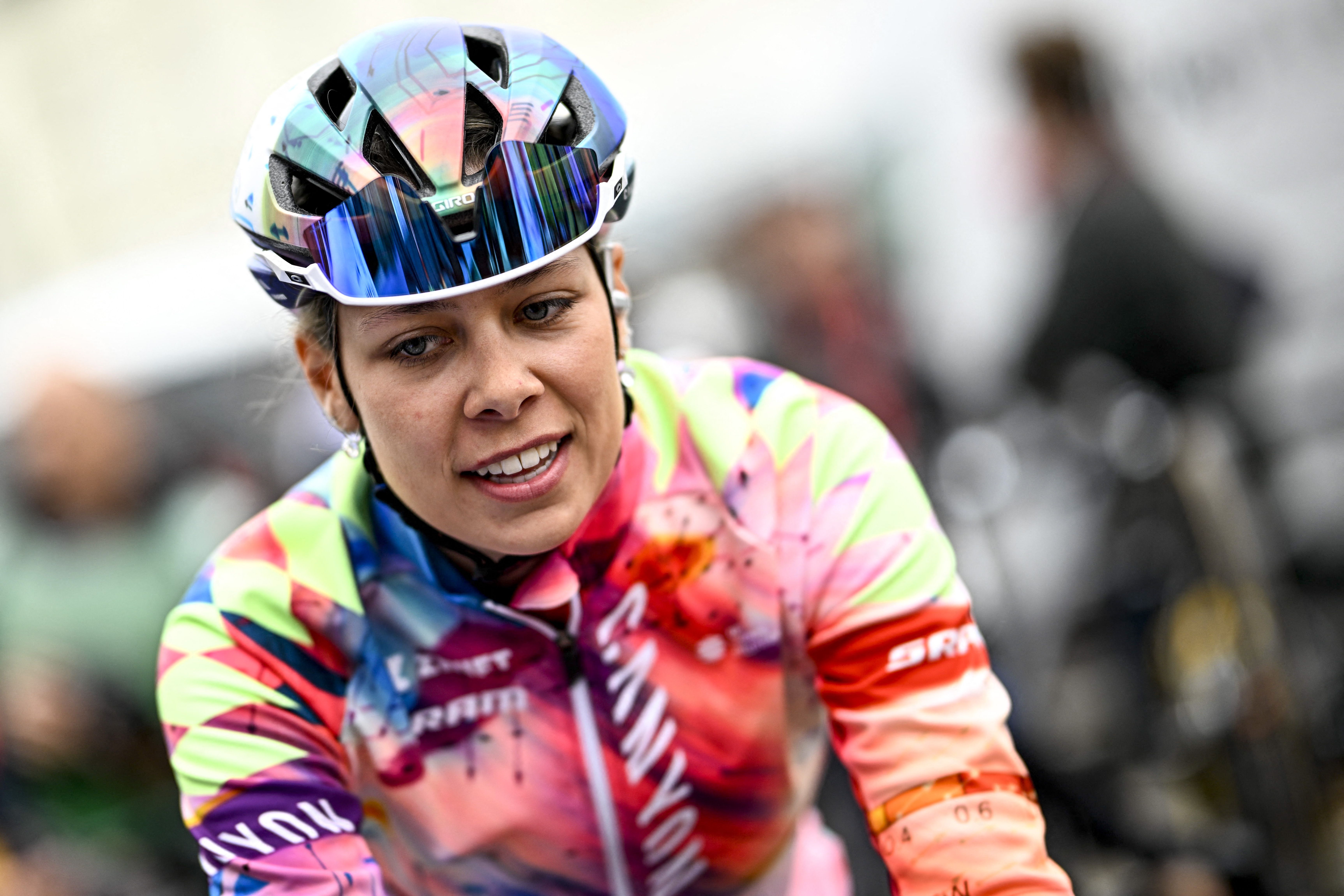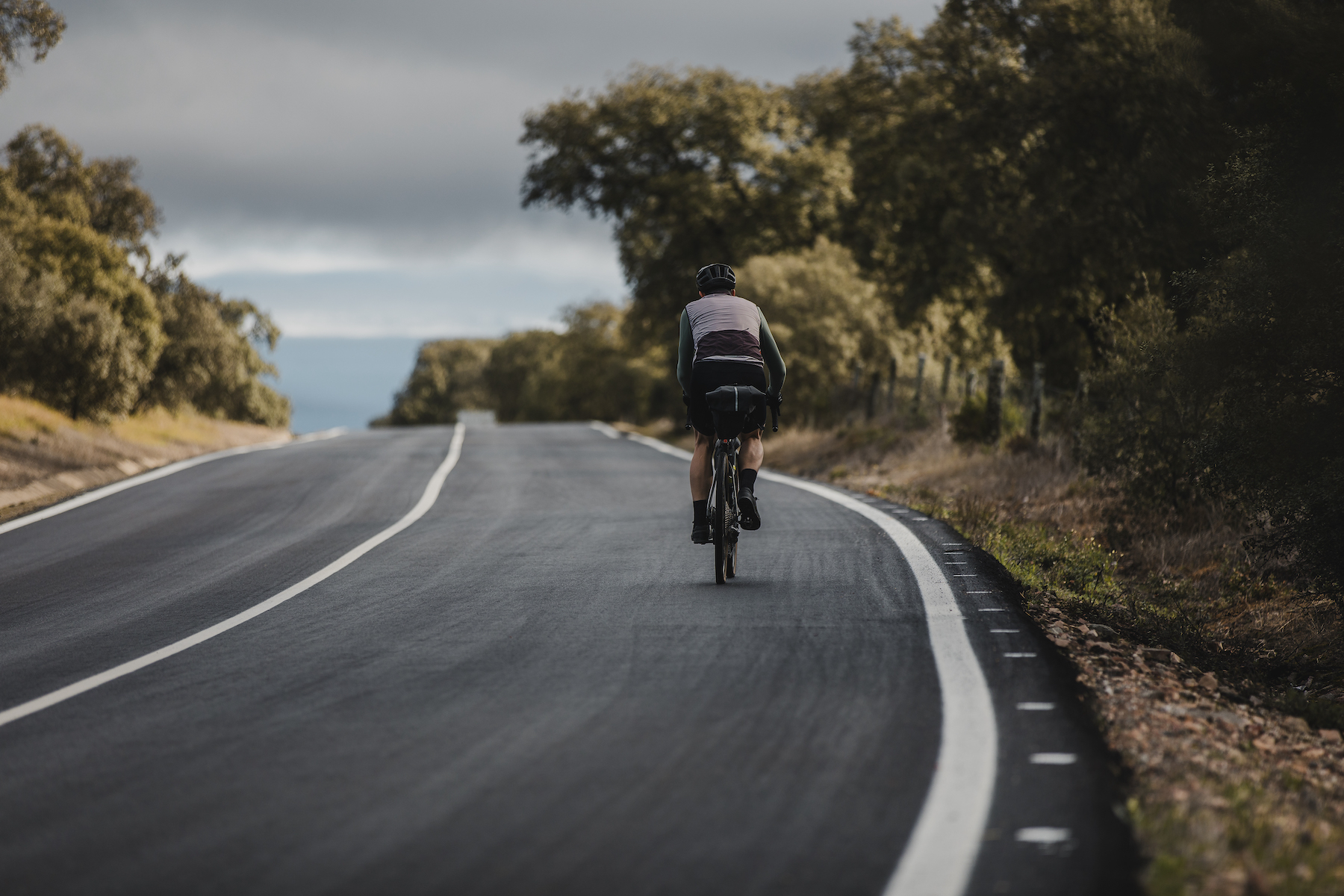Italian investigation discovers new blood doping technique

A police investigation in Italy has revealed a new form of blood doping that does not raise blood values and so is virtually undetectable.
According to reports in Friday's Gazzetta dello Sport and other Italian media, police in Padua revealed details of the new form of blood doping during a presentation of the conclusions of the ‘via col doping' investigation.
The investigation began when the father of former Gerolsteiner rider Andrea Moletta was stopped by police during the 2008 Giro and caught with a syringe of hormone Lutelef hidden in a tube of toothpaste.
Davide Rebellin and climber Emanuele Sella are also involved after their positive tests for CERA, as are other unnamed professional riders, coaches and local amateur riders who often sold doping products to other riders.
The investigation lead to the arrest of Italian doctor Enrico Lazzeri and the discovery of the use of ozone therapy, or ozonated autohemotherapy as it also known. Some countries do allow limited use of ozone therapy but the results have never been confirmed in medical trials and carry a risk of embolism and could damage red blood cell's membranes.
According to reports in Italy, like Dr Fuentes in Operacion Puerto, Lazzeri kept the names of his clients in a diary, using code names and symbols to hide the identity of athletes and their type of treatment.
Police planted video cameras in Lazzeri's studio and listened in on his telephone conversations. They discovered how he regularly treated a 15 year-old female swimmer in front of her father and managed to film him doing it.
Get The Leadout Newsletter
The latest race content, interviews, features, reviews and expert buying guides, direct to your inbox!
According to reports, the ozone therapy technique consists of removing 200cc of blood, mixing it with an anticoagulant and then re-injecting the blood. The whole process takes just 30 minutes and boosts performance by optimizing the oxygen carried to the muscles. It does not alter blood values under the UCI's biological passport scheme.
Ozone therapy is not specifically mentioned in the WADA anti-doping code but is considered doping as it increases the body's ability to transport more oxygen.
2008 GIRO SAMPLES TO BE TESTED FOR CERA
As part of the investigation, the Padua police seized the 82 urine samples collected during the 2008 Giro d'Italia. According to Gazzetta dello Sport, the UCI has agreed to allow investigators to compare them against blood samples that are stored in Lausanne and then follow the WADA approved test for CERA.
According to Gazzetta, six or seven urine samples have anomalous profiles that could indicate CERA use.
The first test for CERA was only used in the 2008 Tour de France, when Riccardo Ricco, Leonardo Piepoli, Bernhard Kohl and Stefan Schumacher were caught. However, it is known that CERA was being used before then and the new tests on samples taken when athletes thought they could not be caught, could revolutionise the results of the 2008 Giro d'Italia.
That year Alberto Contador won the Giro d'Italia ahead of Riccardo Ricco and Marzio Bruseghin. Emanuele Sella won three stages in the mountains and the climber's jersey but tested positive for CERA a few months after in an out of competition test.
The results of the tests will be known in a couple of months, perhaps rewriting the result of the 2008 Giro before the start of the 2010 season.


Thank you for reading 20 articles this month* Join now for unlimited access
Enjoy your first month for just £1 / $1 / €1
*Read 5 free articles per month without a subscription

Join now for unlimited access
Try first month for just £1 / $1 / €1
Founded in 1891, Cycling Weekly and its team of expert journalists brings cyclists in-depth reviews, extensive coverage of both professional and domestic racing, as well as fitness advice and 'brew a cuppa and put your feet up' features. Cycling Weekly serves its audience across a range of platforms, from good old-fashioned print to online journalism, and video.
-
 'This is a fresh start' - Belgian rider returns to professional cycling after two year anti-doping ban
'This is a fresh start' - Belgian rider returns to professional cycling after two year anti-doping banShari Bossuyt to ride for AG Insurance-Soudal from June
By Adam Becket
-
 'This is the marriage venue, no?': how one rider ran the whole gamut of hallucinations in a single race
'This is the marriage venue, no?': how one rider ran the whole gamut of hallucinations in a single raceKabir Rachure's first RAAM was a crazy experience in more ways than one, he tells Cycling Weekly's Going Long podcast
By James Shrubsall